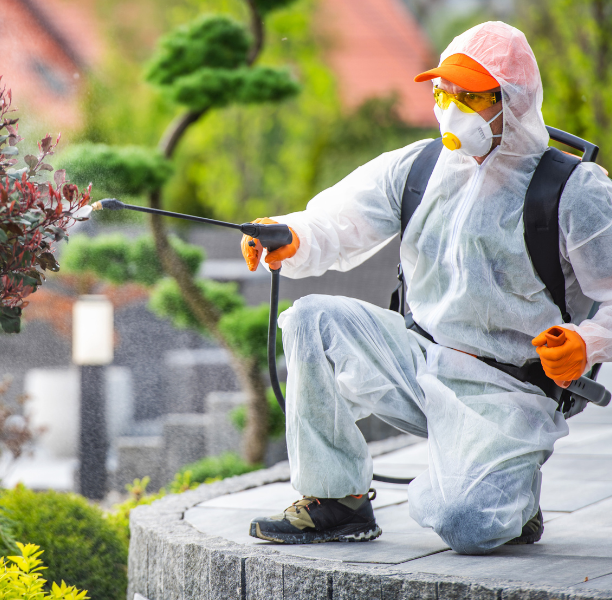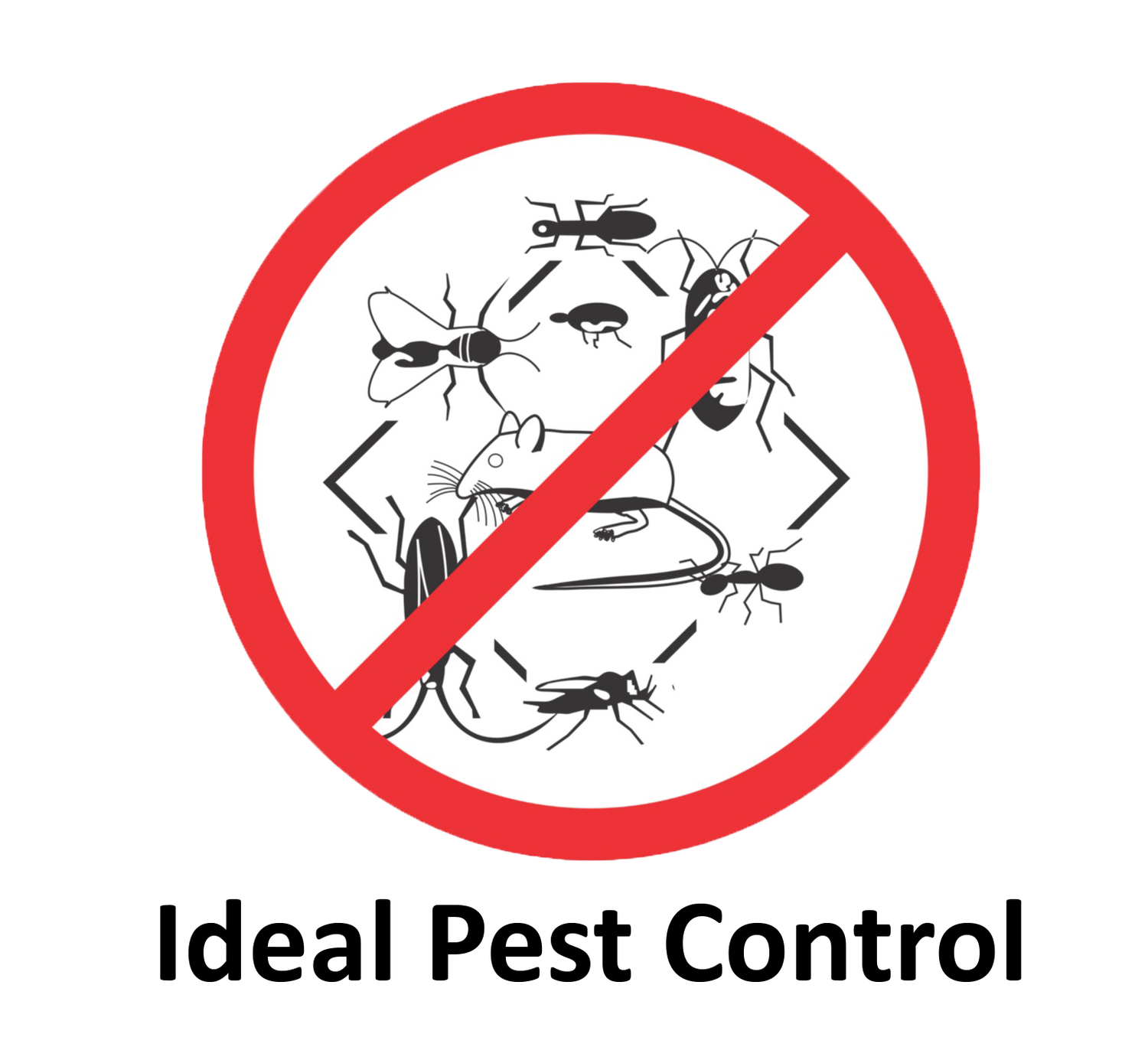Safe and Trustworthy Bug Control for Lasting Security
The relevance of trusted and secure parasite control can not be overemphasized, specifically in a period where ecological worries are vital. Efficient insect administration requires a multifaceted approach that balances eco-friendly honesty with the demand for efficient pest suppression. By discovering eco-friendly options and integrated pest management methods, house owners can attain long-term security versus intrusive types while protecting helpful ecological communities. The nuances of these techniques might not be promptly clear, prompting a more detailed evaluation of the practices that can lead to sustainable pest control results. What actions can be taken to make certain both safety and efficiency in bug management?
Recognizing Bug Control Techniques
Insect control encompasses a selection of approaches focused on managing and eradicating unwanted pests and rats that can intimidate both wellness and property. Recognizing these approaches is important for effective insect monitoring.
The key groups of bug control methods consist of mechanical, biological, and chemical strategies. Mechanical techniques involve physical obstacles and catches to prevent parasite entrance and capture undesirable varieties. For example, utilizing screens on home windows or employing sticky catches can substantially lower bug populaces without presenting harmful substances.

Chemical bug control is typically one of the most identified method, using pesticides to eliminate insects. These chemicals can be effective yet have to be made use of with care to stay clear of adverse results on non-target varieties and the setting.
Benefits of Eco-Friendly Solutions
Just how can environment-friendly remedies transform pest control practices? The adoption of green parasite control methods provides many advantages, significantly enhancing the effectiveness and safety and security of pest administration.

Another benefit is the positive influence on neighborhood biodiversity. Environment-friendly remedies are designed to target details parasites while maintaining beneficial pests and wildlife, advertising a balanced environment. This method lines up with the expanding consumer need for sustainable techniques, improving the track record of parasite control carriers.
Integrated Pest Monitoring Strategies
The application of green remedies naturally results in the adoption of Integrated Insect Administration (IPM) methods, which additionally enhance parasite control efficacy. IPM is a holistic method that incorporates several methods to manage parasite populations while minimizing ecological influence. This method highlights using organic, cultural, mechanical, and chemical controls, making sure a well balanced and lasting approach of bug administration.
One essential element of IPM is the detailed evaluation of insect activity and ecological conditions. By monitoring pest populations and recognizing their life cycles, specialists can carry out targeted interventions that interrupt the insect's habitat or lifecycle, reducing dependence on chemical pesticides. Additionally, social practices such as crop rotation and habitat control can dramatically diminish pest establishment and reproduction.
One more important part is making use of organic control representatives, such as advantageous pests or bacteria, which can naturally suppress parasite populations. When chemical applications are essential, IPM focuses on making use of low-risk pesticides and applies them selectively, reducing exposure to non-target microorganisms and humans.
Including IPM methods not only enhances bug control efficiency but likewise advertises a safer environment, aligning with the growing need for lasting methods in bug monitoring.
Safe Practices for Property Owners
Comprehending the relevance of risk-free practices in bug control can encourage property owners to efficiently handle parasite problems while protecting their health and the their website atmosphere. Implementing non-toxic methods and preventive procedures is critical in lessening direct exposure to unsafe chemicals.
Home owners ought to first evaluate their atmosphere for conditions that bring in pests, such as standing mess, food, and water waste. Consistently cleaning and sealing access points can hinder pests from getting into the home. Using all-natural deterrents, such as necessary oils or diatomaceous earth, can provide reliable options to chemical pesticides.
When chemical therapies are necessary, property owners must go with products that are especially labeled as secure for property usage. It is vital to adhere to application standards carefully to prevent too much exposure. Making use of targeted therapies in areas where parasites are identified, rather than covering splashing, can considerably minimize chemical use.
Finally, keeping open interaction with pest control specialists is vital. Home owners ought to make inquiries regarding the security of products made use of and demand environment-friendly alternatives whenever possible. By embracing these risk-free techniques, homeowners can produce a healthier living environment while successfully handling pest issues.

Tips for Long-Term Security
Developing a bug administration method that stresses long-lasting protection can greatly enhance the effectiveness of the secure methods formerly discussed. To accomplish this, home owners must implement normal inspections of their building, focusing on concealed areas such as attics, cellars, and crawl rooms. Early detection of bug task is important in preventing problems from holding.
These practices minimize attractants that draw parasites into the home. Sealing access points, such as cracks around home windows and doors, can properly obstruct prospective bug accessibility.
Landscape design must also be taken into consideration; maintaining plants cut and maintaining a distance in between vegetation and the home lessens hiding areas additional resources for parasites. Using natural deterrents, such as important oils or diatomaceous earth, can even more discourage infestations without resorting to harsh chemicals.
Lastly, working together with an expert bug control solution for regular examinations can give an added layer of security. These experts can offer tailored recommendations and progressed therapies, making certain that your home remains secured against bugs in the long-term.
Conclusion
Finally, secure and reliable pest control needs a multifaceted approach that stresses eco-friendly techniques and integrated pest monitoring. By carrying out natural deterrents, performing routine evaluations, and keeping appropriate sanitation, residential property proprietors can dramatically decrease pest populaces find out here while safeguarding beneficial pests and the atmosphere. Collaboration with specialist insect control solutions improves the effectiveness of these methods, guaranteeing customized services that provide enduring protection and tranquility of mind against future infestations.
Reliable pest monitoring requires a complex technique that balances eco-friendly honesty with the need for reliable bug suppression. The fostering of green insect control approaches provides many advantages, significantly improving the effectiveness and safety and security of pest management.The execution of environmentally friendly services normally leads to the fostering of Integrated Bug Monitoring (IPM) techniques, which even more improve parasite control efficacy. exterminator coquitlam. By keeping track of bug populaces and recognizing their life cycles, experts can implement targeted interventions that interrupt the insect's habitat or lifecycle, minimizing dependence on chemical pesticides.In verdict, safe and reputable pest control requires a diverse strategy that emphasizes environment-friendly methods and incorporated pest administration